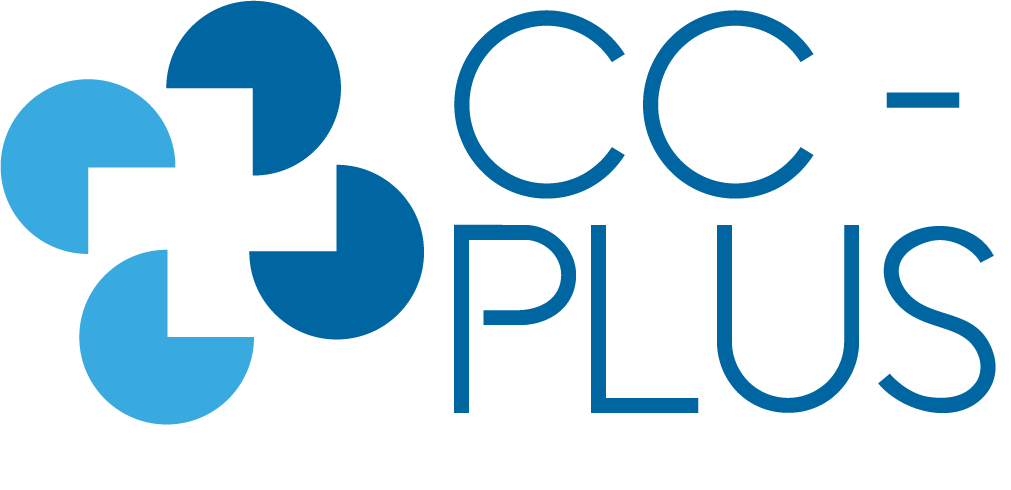Significant progress has been made on the development of CC-PLUS. A demo of the current system, which includes ten pilot institutions/consortia, was shown to the Steering Committee. Users of the software can bring in users, providers, and institutions, and the institutions can be clustered by groups or types (such as Carnegie Classification). Reports can be automatically harvested each month or manually harvested if the time period has passed. Institutions can have manager-level accounts to share some responsibility with the consortium’s central office. Flexible reporting is available as well.
Development directions under consideration include a web-based version of CC-PLUS that will harvest data and create downloadable reports without long-term data storage (similar to COUNTER’s need for a tool), integrating data from external sources like the GOKb service to enhance CC-PLUS data, more extensive data visualizations, incorporating non-COUNTER R5 data and/or providing a transformation service for R4 data, automated checks for restated data, and an API to make data within the CC-PLUS database available to other services. There is a planned request to extend this project through June 30, 2021.
The Steering Committee had a discussion about the future framing of CC-PLUS and its associated community. Active code development and a sustainable governance structure are deeply important to this program’s success. Its strength is as an open source solution for gathering usage statistics, but high levels of use, partnerships/integrations, and supporting tools will be important to building and maintaining an active community with the resources needed for the software and any associated services. There is also a valued role of such a community in advocating for COUNTER compliance and gathering information for the practical application of the standard and to inform future development of the standard. It was suggested that the governance could have a similar structure to that of COUNTER, with layers of committees from the technical to the administrative. Ongoing maintenance of any implementation of this software should not be underestimated, due to the demands of managing a usage statistics program. Intentional commitments and shared goals will be important to sustaining CC-PLUS as it emerges into its next stage.
